Description
“Mahadev Govind Ranade: Political Thinkers of Modern India” by Verinder Grover is a comprehensive biography that delves into the life and achievements of one of India’s most prominent social reformers and political thinkers of the 19th century. Mahadev Govind Ranade, a multifaceted personality, was an ardent advocate of social justice, religious tolerance, and women’s empowerment. In this meticulously researched book, Grover brings to light the lesser-known aspects of Ranade’s life, shedding light on his remarkable contributions to shaping India’s socio-political landscape during the colonial era.
The book opens with a vivid portrayal of the historical and cultural milieu in which Ranade grew up. Grover provides a rich tapestry of information about the social, religious, and political dynamics prevalent in 19th-century Maharashtra, setting the stage for readers to understand the challenges and opportunities that shaped Ranade’s worldview. The author’s meticulous attention to detail and thorough research lend authenticity and depth to the narrative, immersing readers in the vibrant landscape of colonial India.
Verinder Grover’s “Mahadev Govind Ranade” takes readers on a captivating journey through the life of a remarkable individual who played a pivotal role in India’s struggle for social justice and equality. The book explores Ranade’s early years, his education, and his intellectual evolution, providing valuable insights into the influences that shaped his ideologies and principles.
Grover traces Ranade’s transformation from a legal luminary to a visionary social reformer, highlighting his pioneering efforts in education, widow remarriage, and the upliftment of marginalized communities. The book also sheds light on Ranade’s political activism, his role in the Indian National Congress, and his contributions to the economic development of India.
Grover’s biography offers a nuanced analysis of Mahadev Govind Ranade’s ideas, policies, and their impact on society. The author effectively explores the political and intellectual climate of the time, providing a comprehensive understanding of the challenges faced by Ranade and his contemporaries. Grover’s analysis of Ranade’s ideas on social reform and his strategies for achieving change reveals the depth of his subject’s intellect and the relevance of his thoughts even in contemporary times.
Moreover, Grover presents a balanced evaluation of Ranade’s achievements, acknowledging his immense contributions while also acknowledging the limitations and criticisms directed towards him. By including diverse perspectives and historical contexts, the author allows readers to form their judgments on Ranade’s legacy, avoiding the pitfalls of presenting a one-sided hagiography.
In comparison to other biographies on Mahadev Govind Ranade, Grover’s work stands out for its meticulous research and comprehensive approach. While other books may focus on specific aspects of Ranade’s life or examine his ideas from a singular lens, Grover provides readers with a holistic and multi-faceted understanding of the man and his contributions. This sets the book apart and makes it an essential resource for anyone seeking an in-depth exploration of Ranade’s life and work.
“Mahadev Govind Ranade” delves into various themes and interpretations that emerge from the life and work of the subject. One overarching theme is Ranade’s unwavering commitment to social justice and equality. Grover explores how Ranade’s beliefs were rooted in his deep empathy for the marginalized and his conviction that social progress could only be achieved through uplifting the underprivileged.
Another significant theme is Ranade’s advocacy for women’s rights and empowerment. The book sheds light on his efforts to challenge the prevailing norms and traditions that oppressed women, emphasizing his belief in their intellectual and social potential. This theme resonates strongly with contemporary discussions on gender equality, making Ranade’s ideas highly relevant even today.
Verinder Grover’s portrayal of Mahadev Govind Ranade as a complex and multifaceted personality is one of the book’s strengths. Through meticulous research and careful analysis, Grover unveils the various facets of Ranade’s character, including his determination, intellectual brilliance, and deep-rooted compassion for the downtrodden.
The book also highlights the influence of important figures in Ranade’s life, such as his mentor Justice M.G. Ranade and his wife Ramabai Ranade, both of whom played crucial roles in shaping his ideologies and providing unwavering support throughout his journey.
About the Author:
Verinder Grover is an acclaimed historian and scholar with a deep understanding of Indian history and culture. With a rich body of work spanning several publications on prominent figures and historical events, Grover brings a wealth of knowledge and expertise to the biography of Mahadev Govind Ranade. His ability to present complex historical narratives in an engaging and accessible manner makes his work highly commendable.
Grover’s writing style is engaging and accessible, making “Mahadev Govind Ranade” a compelling read for both scholars and general readers. The author seamlessly weaves historical facts with personal anecdotes, creating an informative and emotionally resonant narrative. Grover’s attention to detail and vivid descriptions bring the colonial era to life, allowing readers to immerse themselves in the world of Ranade and his contemporaries.
What People Say About This Book:
“Mahadev Govind Ranade” by Verinder Grover has garnered widespread acclaim from scholars, historians, and general readers alike. Critics have praised the book’s meticulous research, comprehensive approach, and the author’s ability to breathe life into historical figures. Readers have commended the balanced portrayal of Ranade, which presents both his achievements and limitations, allowing for a nuanced understanding of his contributions.
One of the book’s major strengths is its comprehensive approach, covering various aspects of Ranade’s life and work. Grover’s meticulous research and balanced evaluation provide readers with a nuanced understanding of the subject, making it a valuable resource for scholars and history enthusiasts.


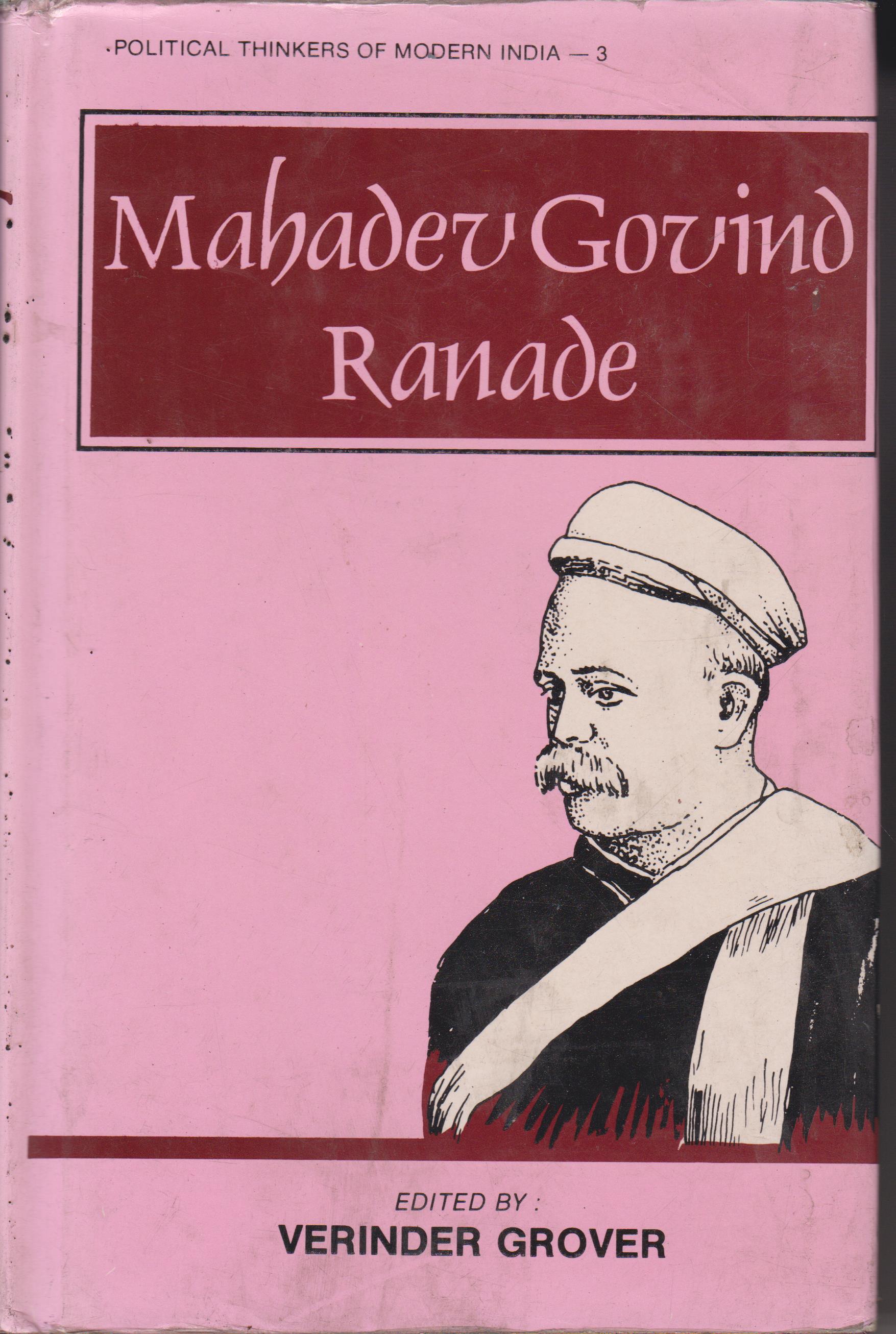

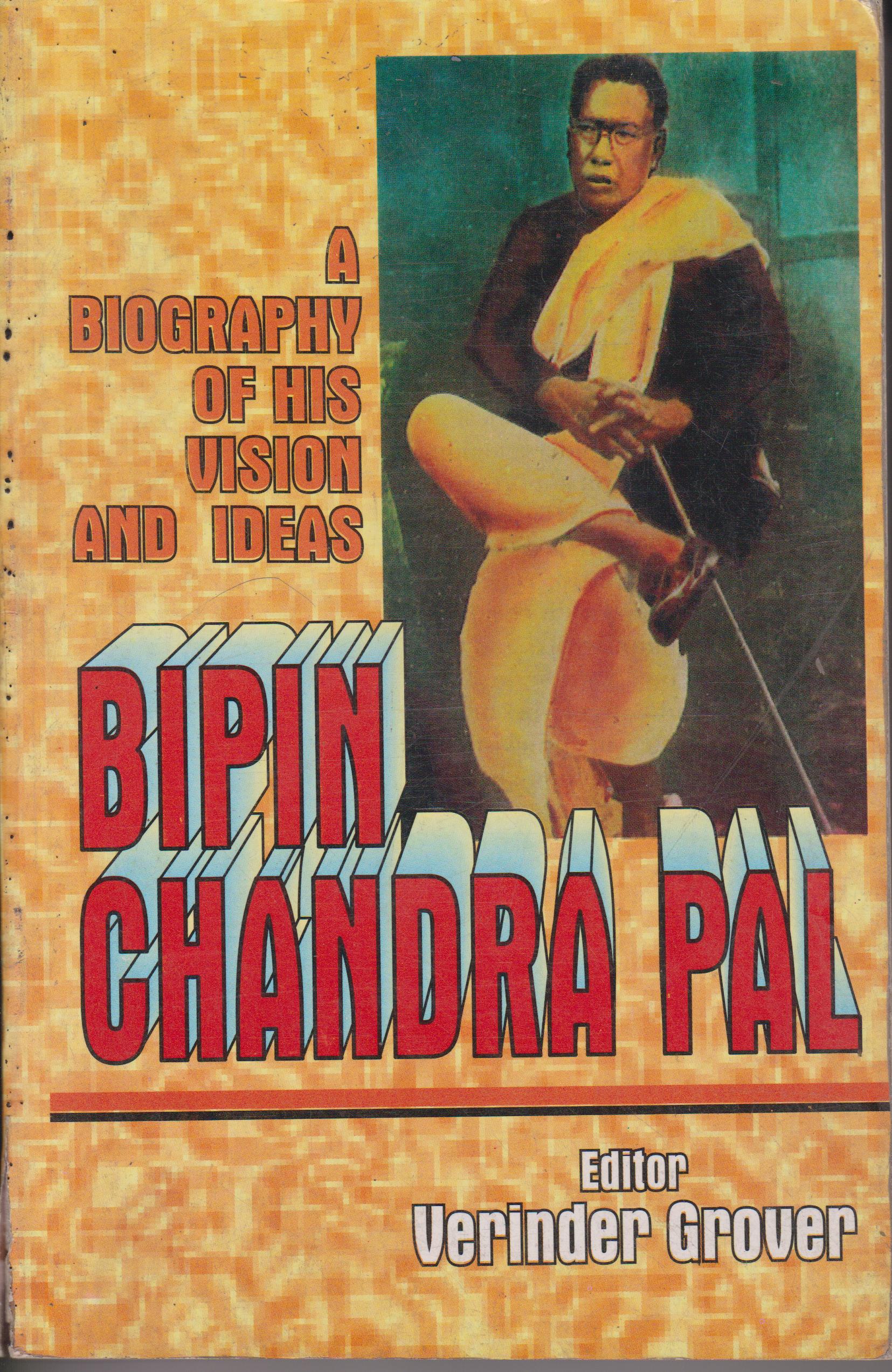
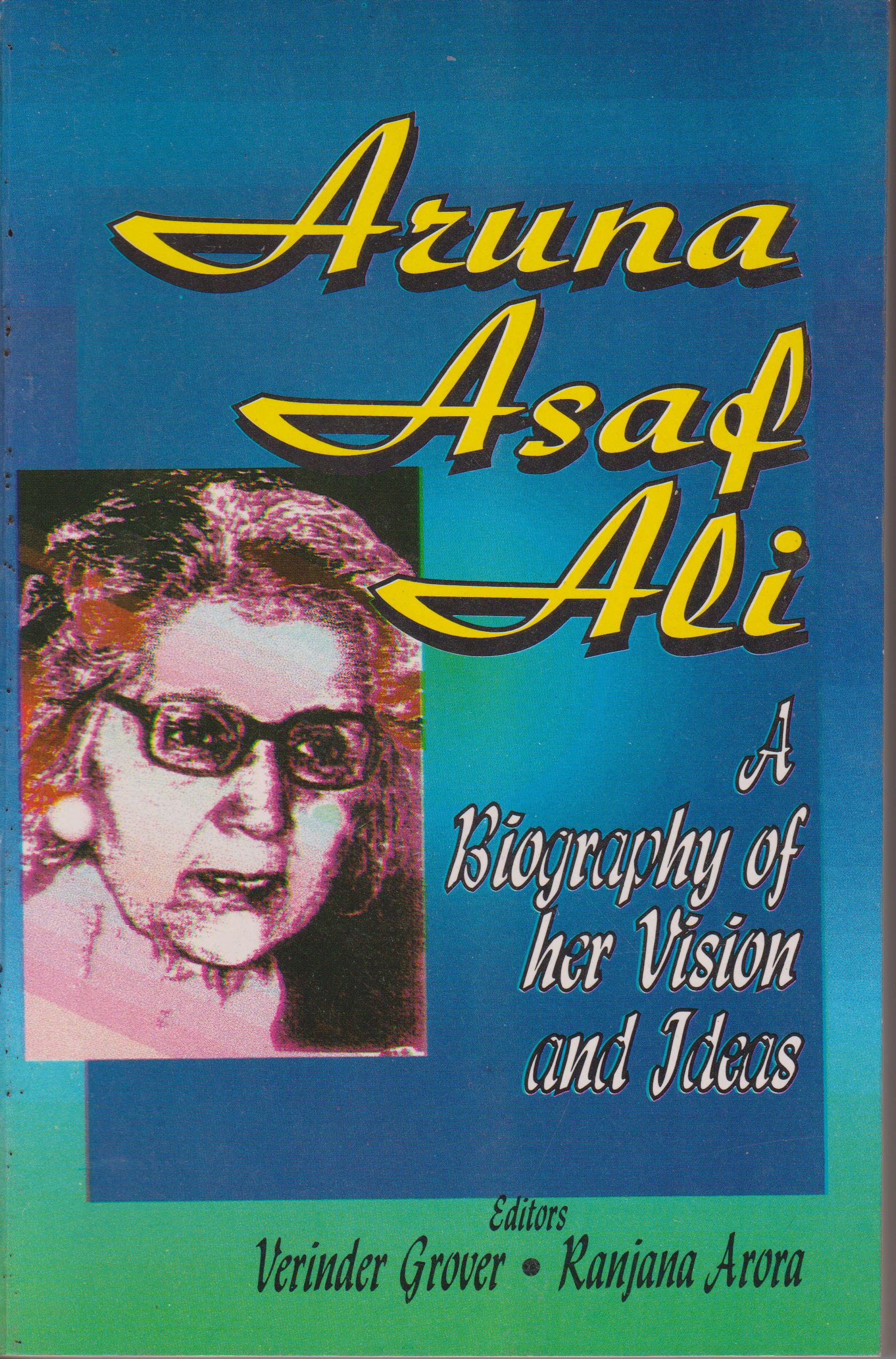
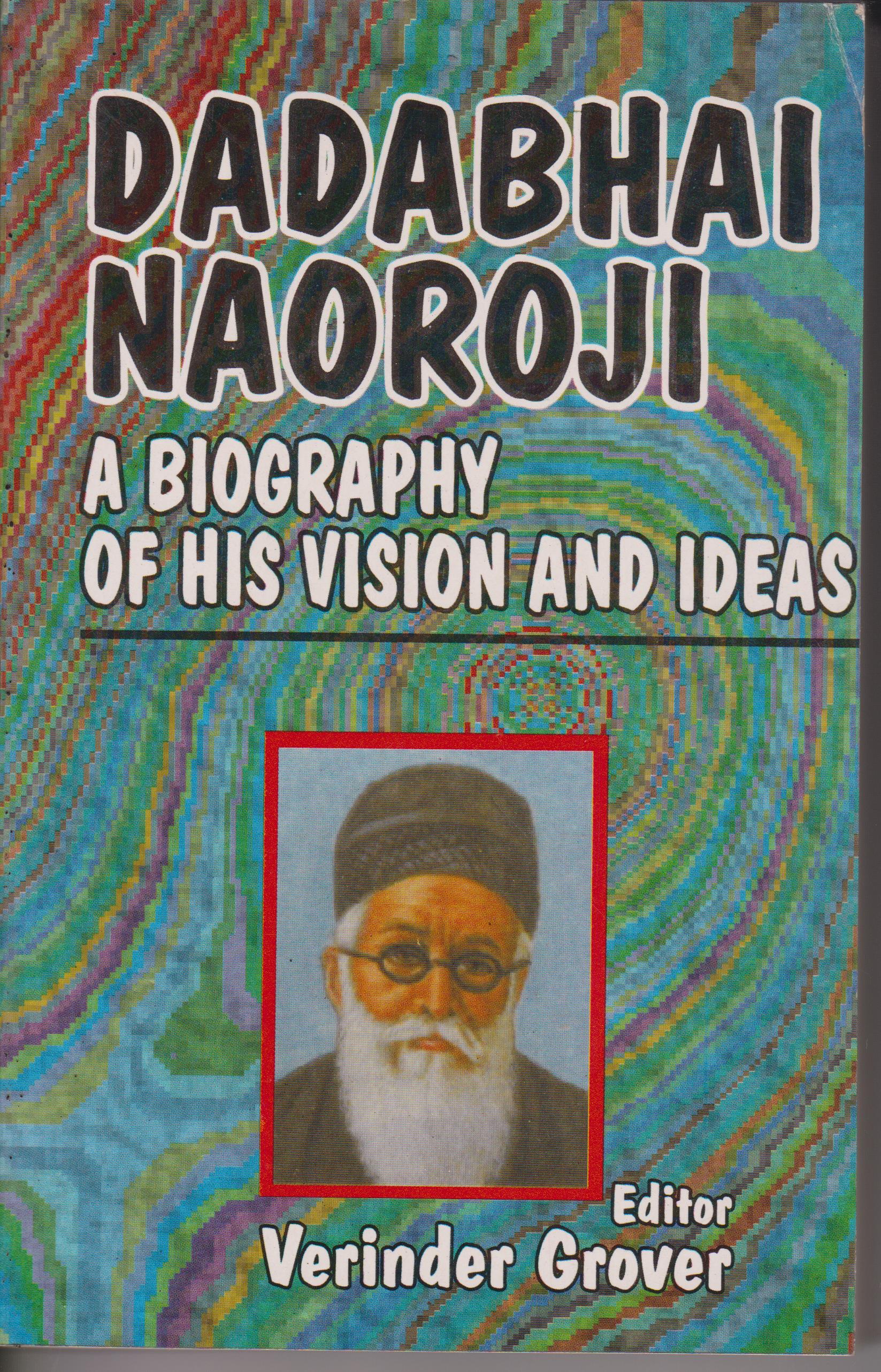
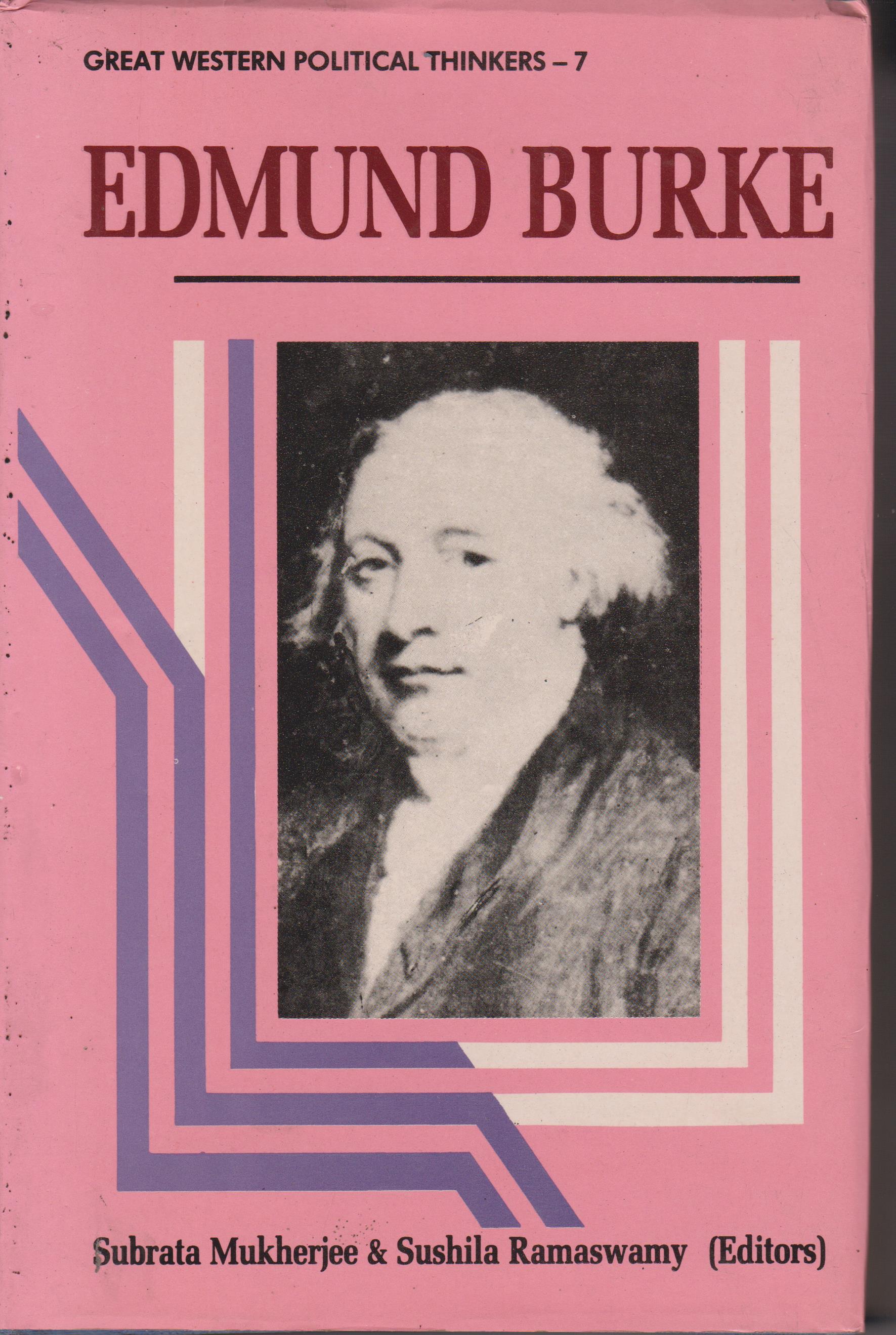
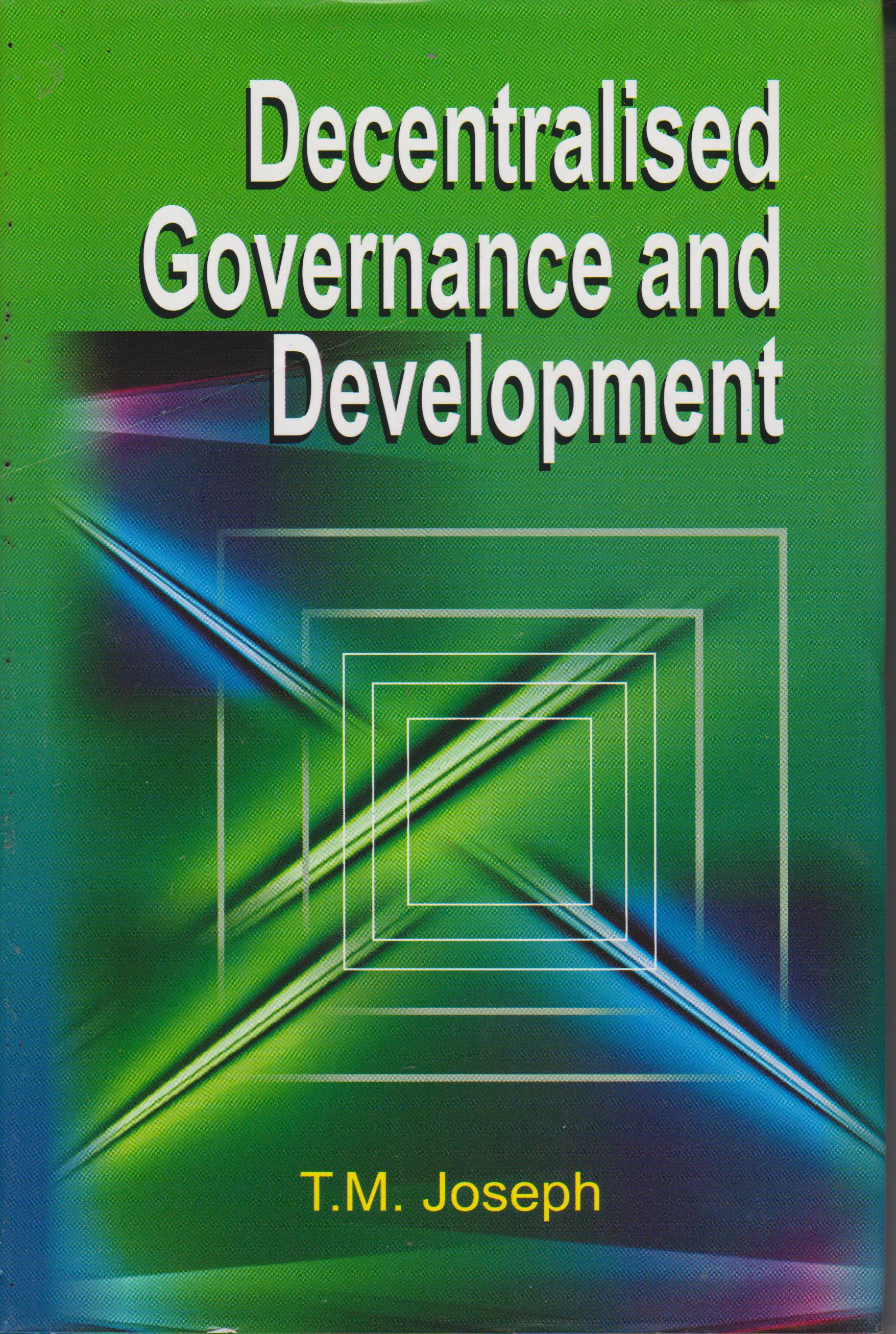
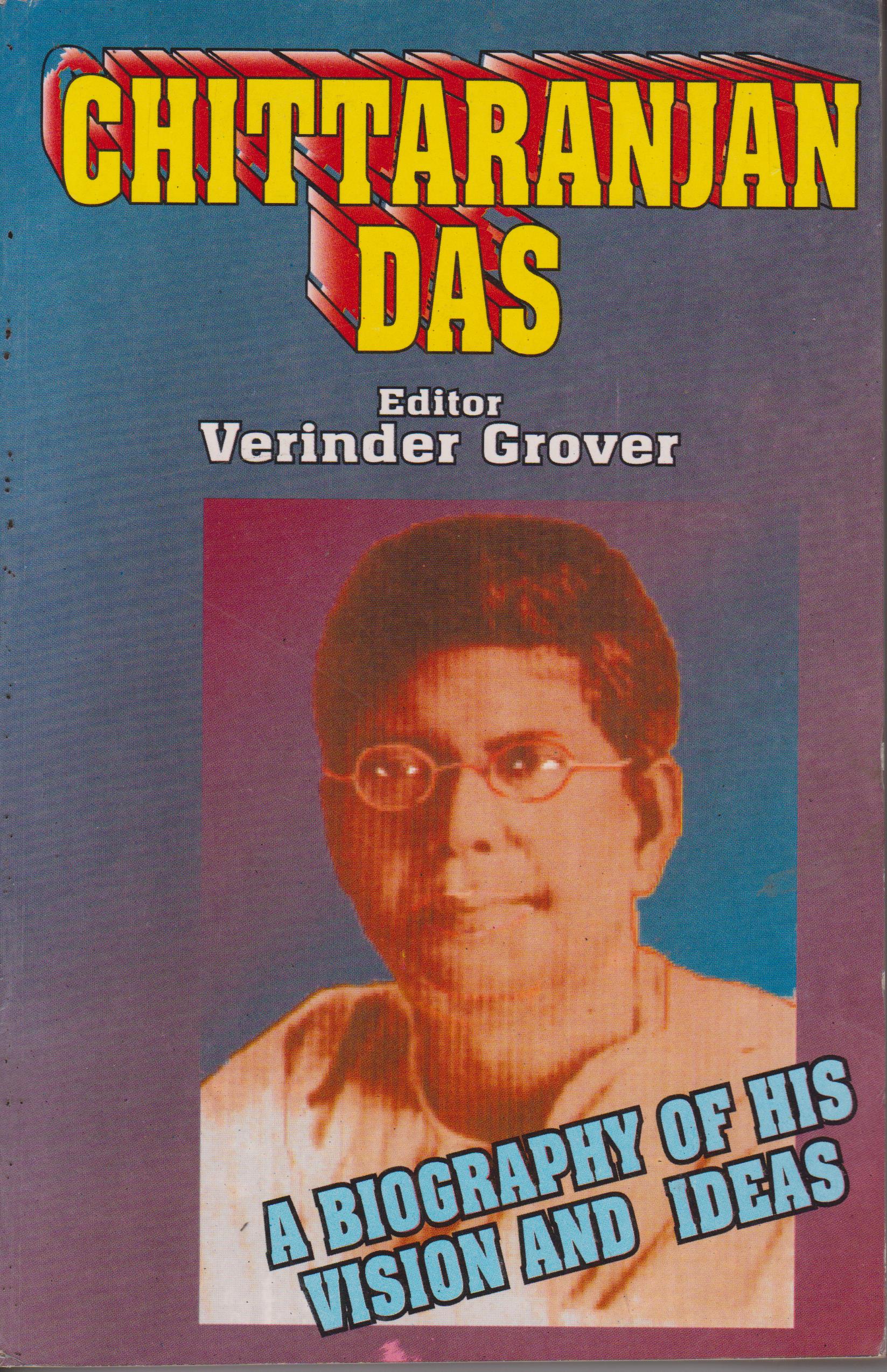
Reviews
There are no reviews yet.